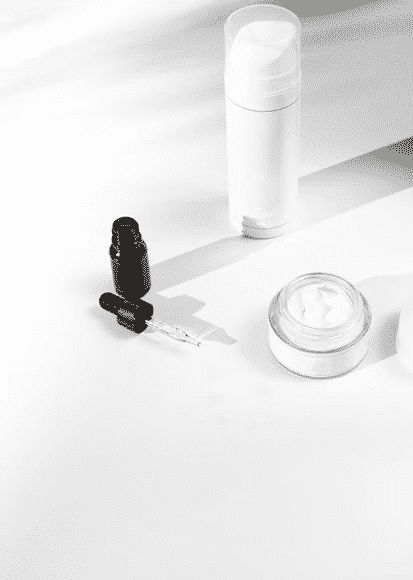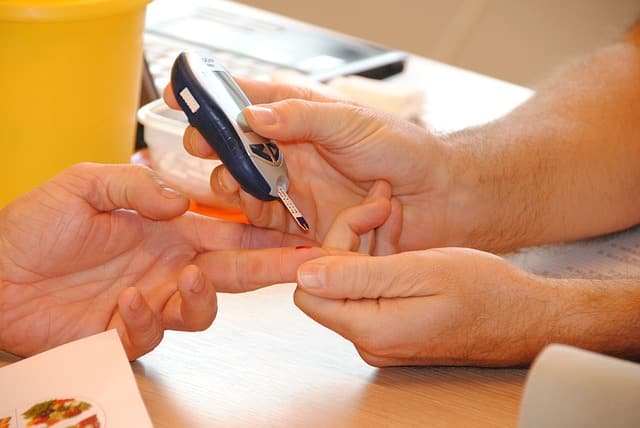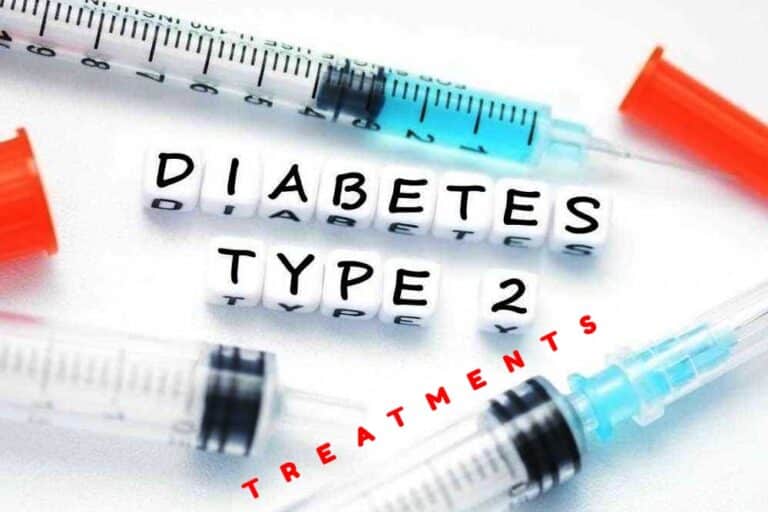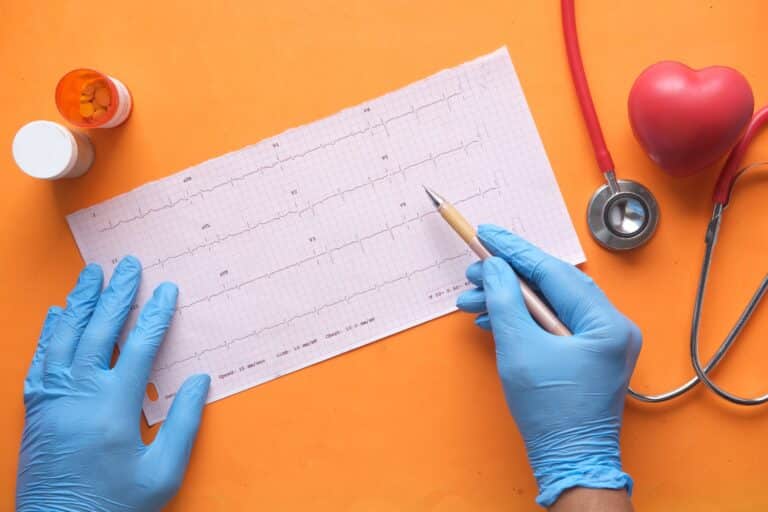CBD Dosage for Diabetes: Complete Info
The holistic benefits and wellness from alternative therapies have made it clear that products such as CBD— or Cannabidiol can play a more significant role than initially thought. But what is CBD, and how can it help people battling chronic diseases such as diabetes? Many people associate CBD with marijuana, which is more than enough to scare any patients considering it. If you’re concerned about getting high, impairing your cognitive functions, or using illegal products, you can undoubtedly be anxious when it comes to taking cannabidiol. CBD is still misunderstood, as helpful as it may be. So, let’s get into some of the facts about it and how it can help diabetes patients. Read on for complete CBD dosage for diabetes info.
What is CBD?
CBD is a cannabinoid usually found in the Cannabis Sativa plant—which can be hemp or marijuana. Products containing CBD have been proven to contain some health benefits, and because of this, the CBD market and body or research are growing exponentially.
CBD products are considered legal as long as they contain 0.03% of THC— another cannabinoid found in Cannabis, but its legality varies from state to state.
Cannabidiol isn’t controlled by the Food and Drug Administration (FDA); thus, it can be difficult to control aspects such as quality and the optimal dosage for the condition you’re taking it for. Below is a look at CBD for diabetes and the best dosage for CBD if you’re considering taking CBD for Diabetes.
CBD for Diabetes
Close to 10% of Americans have diabetes, and with simple lifestyle changes and medication, this condition is generally manageable. However, many Americans consider using Cannabidiol or CBD to supplement their treatment.
Research suggests that CBD may help control blood sugar, boost cardiovascular health, and reduce stress and anxiety, which are critical factors of people with diabetes. Other studies explain that CBD could even help prevent diabetes.
However, the research on CBD and human trials has been legal since 2015, and the research is undoubtedly still in its preliminary stages, so, there is still a lot more to be learned.
But how much CBD is enough for diabetic patients? Well, the best CBD dosage for diabetics depends on your general tolerance, but you have to understand that you will build a tolerance over time.
However, most professionals will agree that a dose of between 20-40 mg at a time will suffice. This can be any form of CBD, from capsules to the best CBD oil in UK. However, ensure not to go over 70 mg in a day.
Factors That May Influence CBD Dosage
Several factors may influence your dosage for CBD. For starters, what medical condition are you taking it for? In this case, it will be for diabetes. Another factor that matters is weight. People who weigh less should take a lower dose than overweight people. Your age, lifestyle, and the potency of CBD you’re taking also matter.
Benefits of CBD for Diabetics
Unlike THC, CBD has therapeutic effects on the brain without the unpleasant psychoactive effects, or “high,” that most people associate with Cannabis. Due to this, CBD has numerous potential therapeutic uses.
CBD interacts with the body’s endocannabinoid system, regulating several functions, including food intake and energy use. This system is usually in an imbalance in people who are overweight or have type 2 diabetes.
CBD acts on the receptors found in the endocannabinoid system, and its interaction with this system is how it’s able to dispense its therapeutic applications. There are several ways CBD influences the endocannabinoid system and helps with diabetes. Below are some of the ways.
Insulin Resistance and Obesity
The most common form of diabetes among humans is Type 2 diabetes, and it’s closely linked to being overweight. From a 2020 medical review, it was found that CBD can affect several factors that result in the development of insulin resistance, metabolic syndrome, and type 2 diabetes. These also include the potential to alter glucose metabolism and reduce inflammation. This will, in turn, reduce the symptoms of type 2 diabetes, insulin resistance, and metabolic syndrome.
Control of Blood Sugar
When combined with a THC-based compound, CBD may help people with type 2 diabetes ( #t2d ) control their blood sugar levels much better. According to a study done in 2016, which looks at blood sugar levels when one fasted.
The study found that CBD alone lowered resistin—a hormone that can lead to insulin resistance. It also increased glucose-dependent insulinotropic peptide—a hormone responsible for insulin release.
This shows that CBD could indeed help with several hormonal imbalances that lead to the development of type 2 diabetes.
Remedy Nerve Pain
Diabetic neuropathy is damage to the nervous system commonly associated with diabetes. The symptoms usually include burning sensations and pain, especially in the patient’s hands and feet. A study on CBD found that it may increase the development of nerves and nervous tissues and possibly alleviate pain.
Stress and Anxiety Management
Some diabetic patients experience stress and anxiety while managing the illness. This, in turn, can worsen the symptoms of diabetes. Taking CBD will allow diabetic patients to relax and remain calm.
Conclusion
Several factors determine the CBD dosage one can take for diabetes, and though the evidence is insufficient, taking CBD while on medication may be a risky endeavor. The side effects may be unpleasant and affect how your diabetes medication works. In the end, always consult your doctor to see whether CBD is a good fit for you before consuming it.







